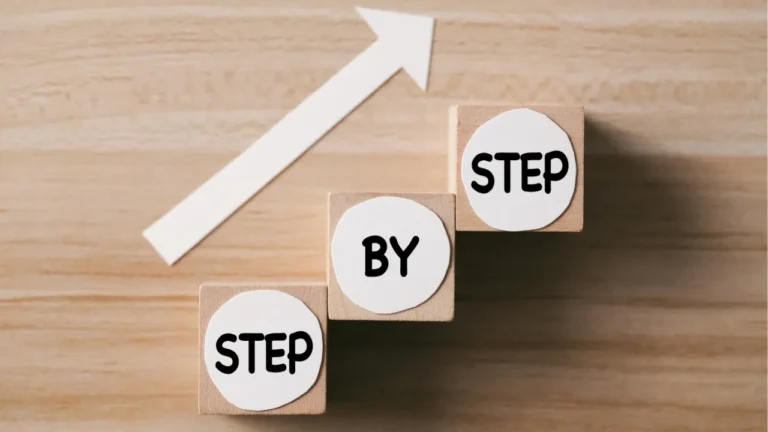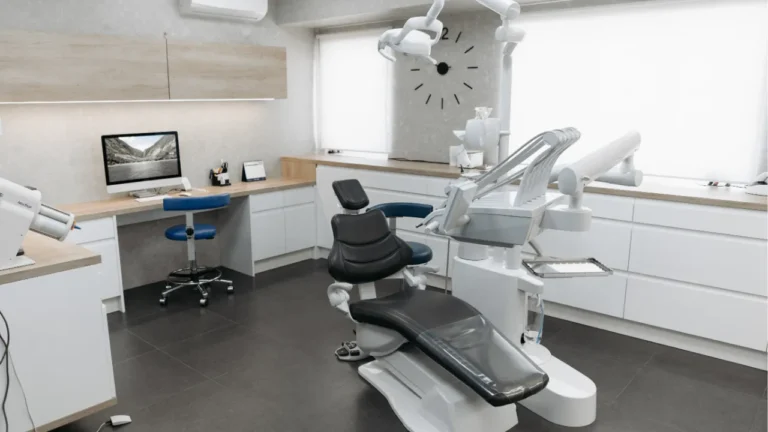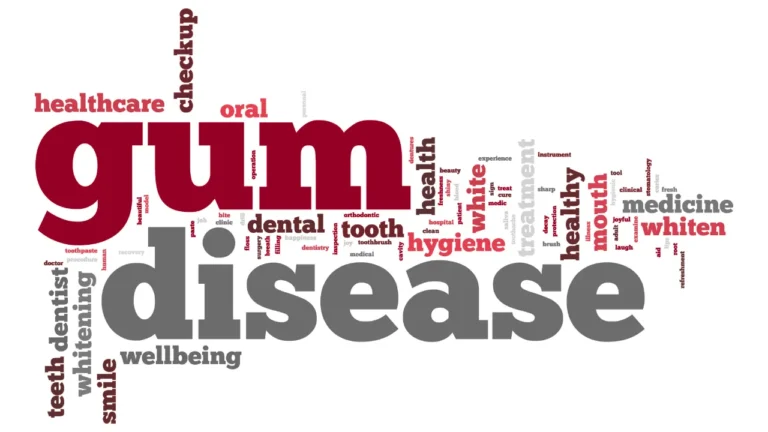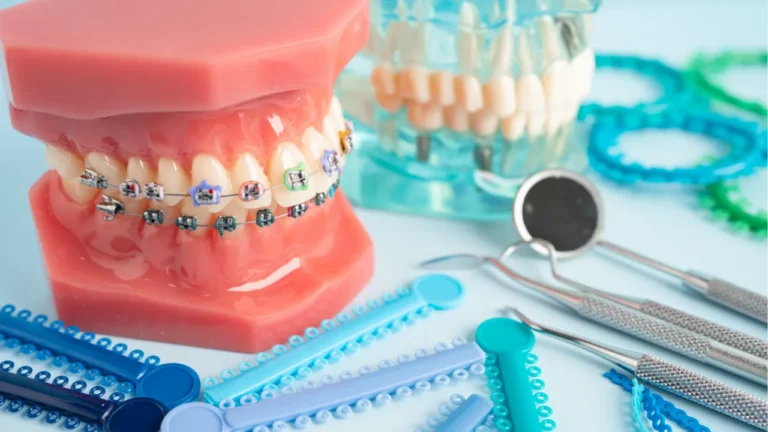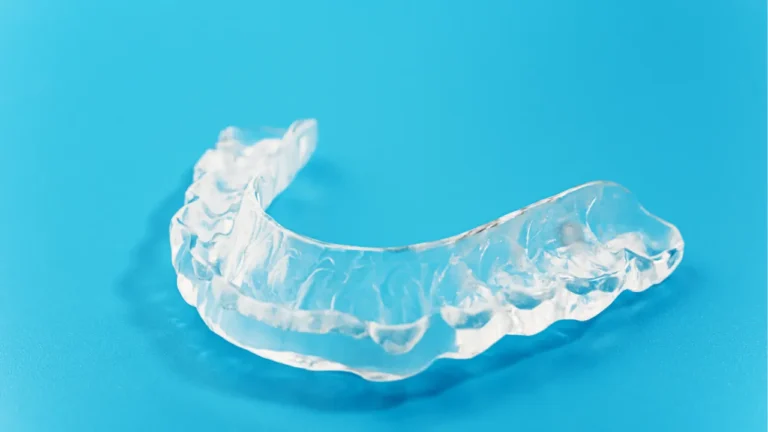For many people, a trip to the dentist can be a source of stress and anxiety.
Dental anxiety is common and can prevent individuals from seeking the care they need to maintain a healthy smile.
Fortunately, there are strategies that can help make dental visits more comfortable and less overwhelming.
In this article, we will explore the causes of dental anxiety and provide practical tips to help you feel more relaxed during your next appointment.
Understanding Dental Anxiety
Dental anxiety can be triggered by various factors, including:
- Fear of pain or discomfort
- Negative past experiences at the dentist
- Sensory sensitivities to sounds, smells, or sights
- Fear of needles or dental instruments
- Feeling out of control during the procedure
- Embarrassment about oral health issues
Recognizing the source of your anxiety is the first step toward managing it effectively.
Tips to Reduce Dental Anxiety
1. Communicate with Your Dentist
Open communication with your dentist is key to easing anxiety.
Let them know about your fears so they can adjust their approach and provide reassurance.
Many dental offices offer accommodations such as explaining each step of the procedure, taking breaks, or using gentle techniques to enhance comfort.
2. Choose a Dentist Who Understands Anxiety
Not all dental practices are the same. Look for a dentist who specializes in treating anxious patients or offers sedation dentistry.
A supportive and compassionate dental team can make a significant difference in your experience.
3. Schedule Your Appointment at a Convenient Time
Booking your visit at a time when you are least stressed can help reduce anxiety.
Morning appointments may be ideal to avoid spending the whole day worrying.
Avoid scheduling visits during particularly busy or overwhelming periods in your life.
4. Practice Deep Breathing and Relaxation Techniques
Breathing exercises can help calm your nervous system before and during your appointment. Try the 4-7-8 breathing technique:
- Inhale through your nose for four seconds.
- Hold your breath for seven seconds.
- Exhale slowly through your mouth for eight seconds.
Repeat this process several times to help reduce tension and promote relaxation.
5. Use Distractions to Stay Relaxed
Bringing distractions can help take your mind off the procedure. Consider:
- Wearing noise-canceling headphones and listening to calming music or a podcast.
- Holding a stress ball or fidget device to keep your hands occupied.
- Watching a TV show or movie if the dental office provides screens.
6. Try Guided Imagery or Meditation
Visualization techniques can help reduce anxiety.
Before your appointment, close your eyes and imagine yourself in a relaxing place, such as a peaceful beach or a quiet forest.
Focus on the details of this place, like the sound of waves or the feeling of a light breeze. This technique can help shift your focus away from your fears.
7. Bring a Friend or Family Member
Having a trusted person accompany you can provide comfort and reassurance.
They can help distract you and offer support before and after the procedure. Some dental offices allow a companion to stay with you during treatment.
8. Consider Sedation Dentistry
If your anxiety is severe, sedation dentistry may be an option. There are different levels of sedation available, including:
- Nitrous oxide (laughing gas): Helps you relax but wears off quickly after the procedure.
- Oral sedation: A medication taken before the appointment to induce relaxation.
- IV sedation: Provides a deeper level of relaxation and is typically used for more complex procedures.
Discuss sedation options with your dentist to determine what is best for you.
9. Focus on the Benefits of Dental Care
Remind yourself of the long-term benefits of regular dental visits.
Preventive care helps avoid more extensive treatments in the future, improves overall health, and enhances the appearance of your smile.
Keeping these benefits in mind can motivate you to overcome anxiety and prioritize dental care.
10. Reward Yourself After the Appointment
Plan something enjoyable after your visit to associate the experience with a positive outcome.
Whether it’s treating yourself to a favorite meal, watching a movie, or spending time with loved ones, having a reward to look forward to can make the experience less daunting.
Final Thoughts
Dental anxiety is a real and common issue, but it shouldn’t prevent you from getting the care you need.
By using relaxation techniques, finding the right dentist, and exploring sedation options, you can make your dental visits a more comfortable and stress-free experience.


